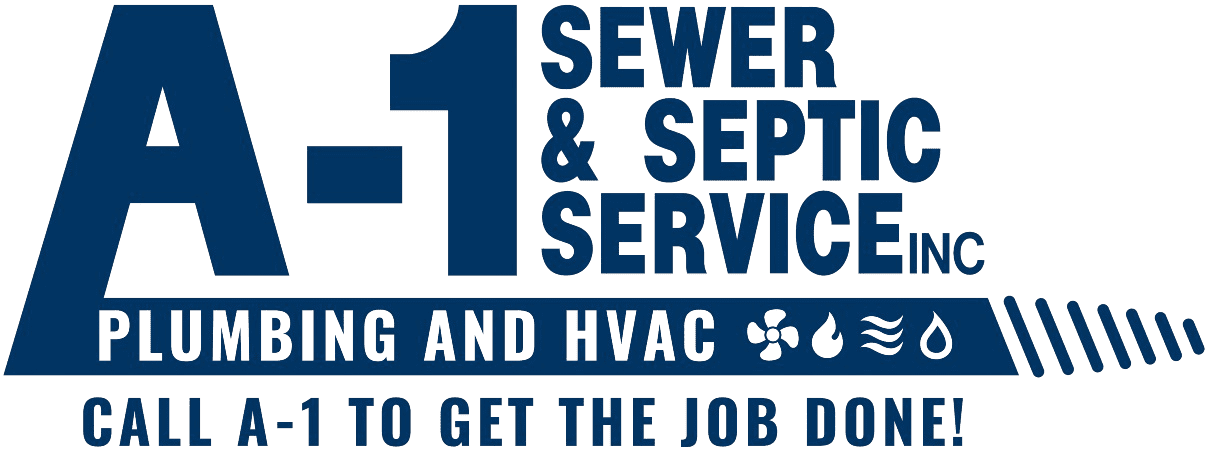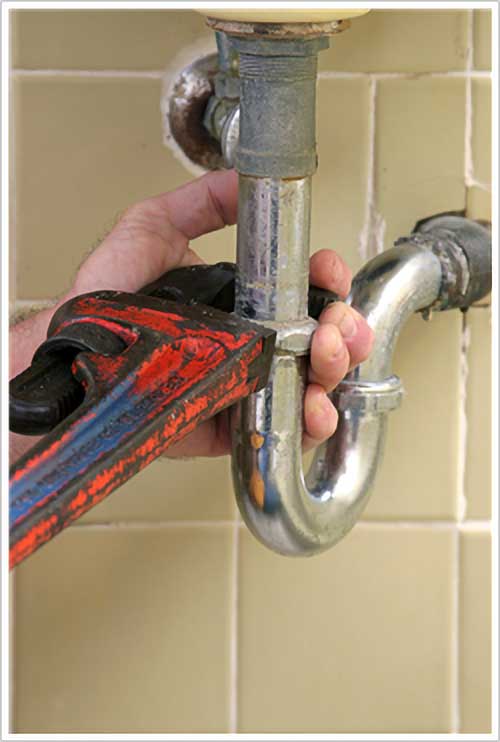Whether you are a veteran do-it-yourselfer, or whether you are tackling a plumbing repair for the first time, it is always advisable to review the safety precautions you should take. Not only can these guidelines prevent injury and damage, but they can also ensure the success of a project.
Here are some do’s and don’ts when it comes to safely approach a DIY plumbing project.
Five Ways You Can Keep Yourself Safe
- Before you start in on a project, you need to do your research. Look up your plumbing and building codes, and apply for a permit if necessary. This research should also make you aware of whether this a job you can handle, or whether you should call in an expert.
- Wear safety gear. Depending on the type of project, you may need to have at least three items of safety equipment at the ready:
- Safety glasses
- Work gloves
- A face mask
Make sure your eyes are shielded, particularly if you are snaking a drain to remove a clog, drilling, hammering, tinkering under the sink or around the faucet, or utilizing a Sawzall. It doesn’t take much to injure your eyes, especially with the drain cleaners that can be in the lines that homeowners use before getting to the drain cleaning stage, so safety glasses are usually a good idea. Work gloves are also a recommended measure against injury, and you may want to wear latex gloves under your leather gloves when you work with any drain machine, as an added protection against bacteria. Finally, if saws or sandpaper are going to be used, then a face mask can shield your lungs.
- Be careful with power tools, go by the manufacturer’s recommendations, and pay attention. All it takes for an injury is for someone to use only one hand and lose a little focus. If you are going to be doing any soldering or applying heat to pipes, you need to be extremely careful.
- Work with a partner. Another pair of hands or a spotter can be of invaluable help. For example, a drain machine usually means that you need two hands on the cable, and then you might have to unplug the machine at a moment’s notice, or working in confined spaces like on a hot water heater; having a partner there can help save your life.
- Read those labels. This is not optional, whether you are looking at the sticker on a machine or a label for a chemical. You need to always stick to the recommended uses, and the warning labels can help you be prepared ahead of time for an emergency.
Five Things You Should Never Do
Some of these may be obvious, but they bear repeating. Too many people have harmed themselves and others by ignoring the following when working on home plumbing projects, HVAC, etc.
- Take on a project when you’re impaired. Whether you’ve had some drinks, are feeling sick, or haven’t slept well lately, it is dangerous to work when your reflexes are slow and you have trouble paying attention.
- Mishandle tools. This includes forgetting about them and leaving them in disrepair. Before you use tools, power tools or equipment, make sure that they are in working order, else you will need to perform maintenance on your tools first. When you do use your tools, don’t use them outside of their recommended functions.
- Stuff tools in your pocket. Carry a toolbox or get a tool belt instead. If a sharp/pointed object is left in your pocket, it’s too easy to forget it’s there, which can mean a surprise injury.
- Disregard a possible gas leak. If you think that you can smell natural gas, or for any reason think there might be a gas leak, don’t ignore your senses. Drop your project, and if you can without risk, turn off the gas. Call the gas company immediately. It is too risky to search for the leak. Just in case you ever meet this scenario, you need to know ahead of time how to shut off the gas at the:
-
- Stove
- Water heater
- Gas meter
- Forget about safety codes. Not only could you face fines for this down the road, but you could be putting your household at risk. There is a reason that construction and plumbing need to be up to code, and that reason is safety. Whether it’s wastewater or gas odors, having certain materials, methods and more are all in place to try and help prevent needless injuries.
Call Our Experienced Kansas City Plumbers for Help with any Project
We’ve been in the industry for decades, and no plumbing issue is too great or too small for our team of experts to handle. You can also call us for one of our plumbers to come on your jobsite for emergency services with wastewater or plumbing problems after business hours or on weekends, and our services won’t cost you anything extra. Contact A-1 Sewer & Septic Service, Inc. today to get a quote on your repair job or plumbing project – you’ll be satisfied with our plumbing work and a job done right.


